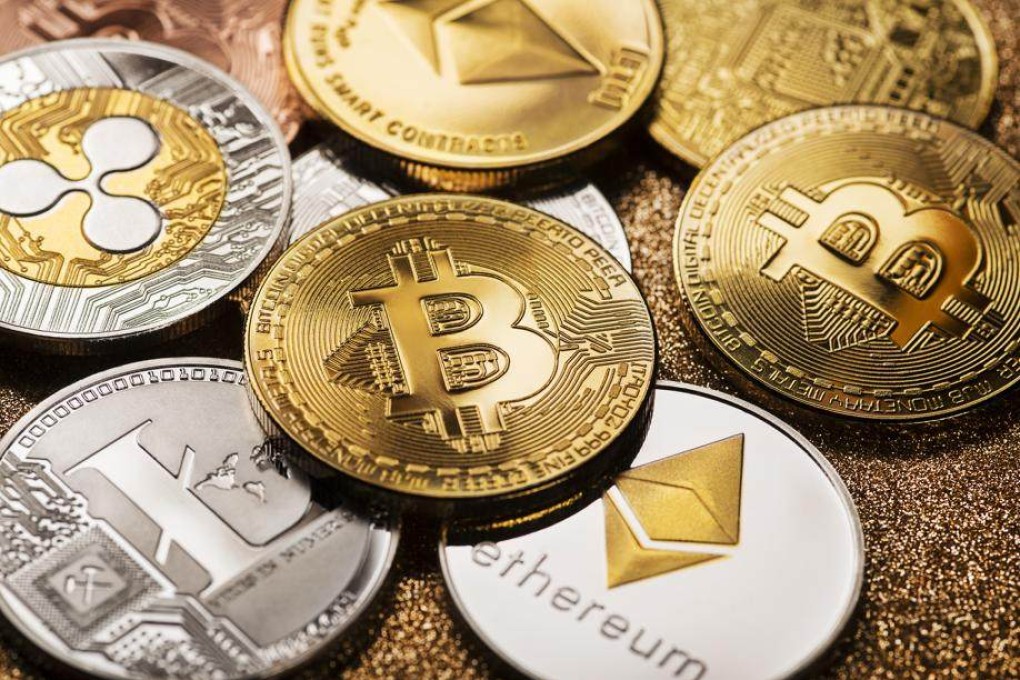Bitcoin and cryptocurrencies face a bumpy future as governments look to exert control over a largely lawless landscape
- With the international regulatory environment still a work in progress, bitcoin and other digital currencies remain a volatile proposition for investors
- But Deutsche Bank’s Marion Laboure says she believes bitcoin may have a strong future as a form of ‘digital gold’

This article was part of a special supplement on private banking which was published in the South China Morning Post print edition on October 20, 2021.
The cryptocurrency landscape has been the Wild West of global finance since the first decentralised form of digital money, bitcoin, was launched in 2009.
It’s money that cannot be physically held, existing only in digital form and given life by a group of investors who have been willing to gamble on its volatility while enjoying a largely lawless field of play. Until recently.
With China banning cryptocurrency transactions and mining within its borders and the US Securities and Exchange Commission (SEC) recognising Coinbase (a platform for trading and storing cryptocurrencies), governments are starting to get involved, with the Americans using existing laws to keep tabs on the sector for now, with more specialised policies likely to be implemented in the future.
“So far, the SEC and the CFTC (Commodities Futures Trading Commission) have shared regulatory responsibilities,” said Sam Kima, senior vice-president, sales at bullion dealer First Gold in Wan Chai, Hong Kong. “They have tried to police cryptocurrencies with laws that are already on the books, even though they were really written for other traditional kinds of assets like stocks or bonds.
“I’m expecting this is likely to continue until there are new, cryptocurrency-specific regulations, meaning regulators will continue to adapt current frameworks for the virtual currency market.